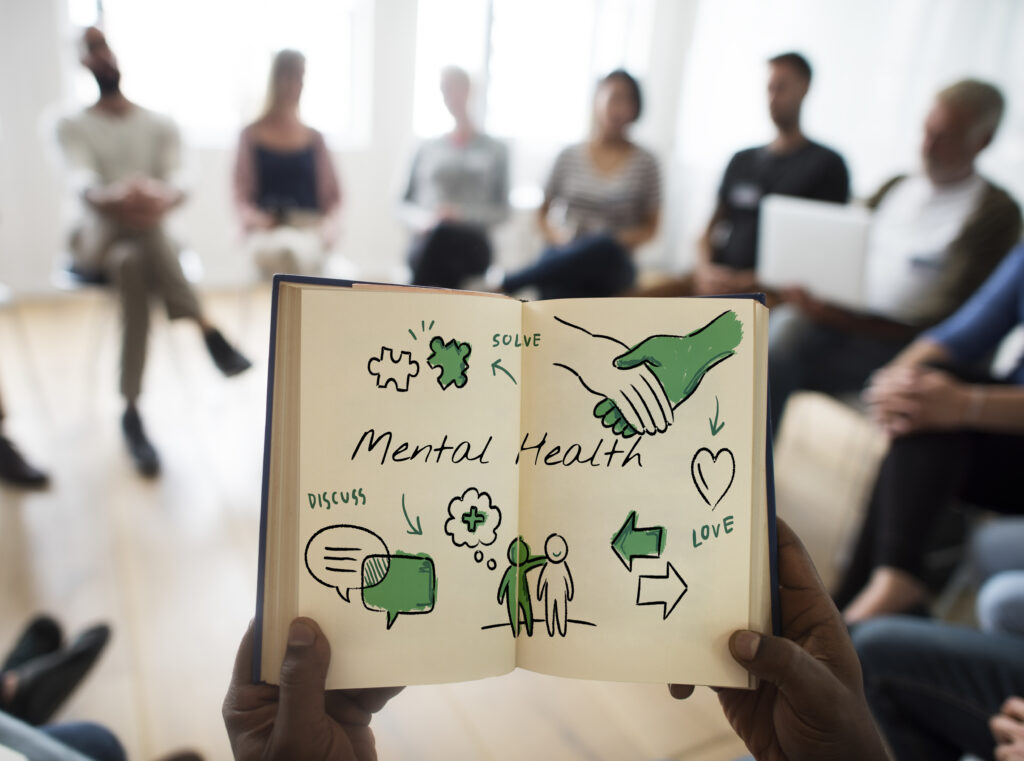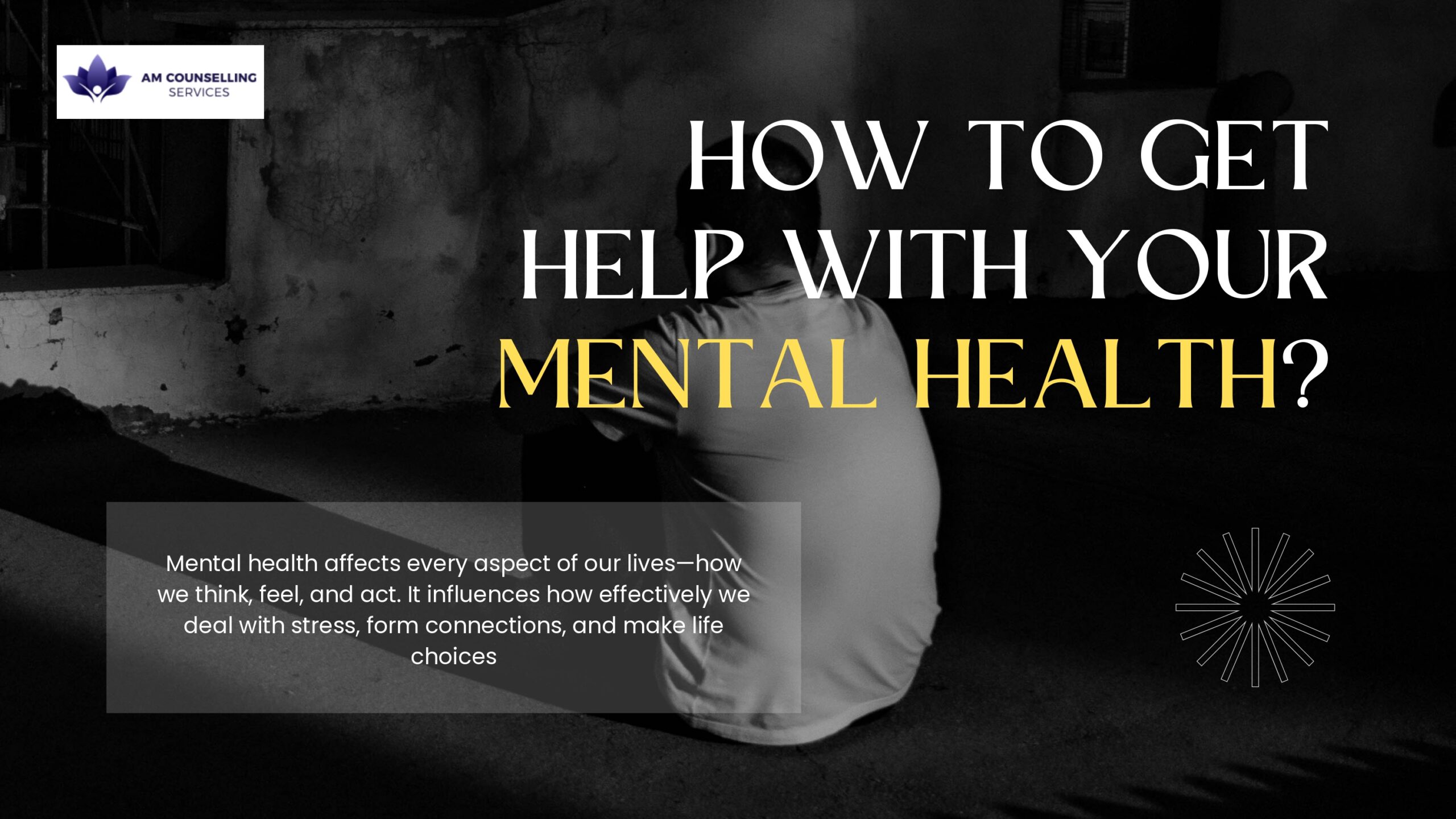In today’s fast-paced world, taking care of your mental health is just as important as maintaining your physical health. Yet many people hesitate to reach out for mental health support when they’re struggling. Whether you’re experiencing mild anxiety, severe depression, or simply going through a difficult period in life, know that you’re not alone, and help is available. This guide will walk you through the various avenues to accessing the support you deserve.
Why Mental Health Matters More Than You Think?
Mental health affects every aspect of our lives—how we think, feel, and act. It influences how effectively we deal with stress, form connections, and make life choices. When mental health issues go untreated, they can impact our physical health, relationships, job performance, and overall quality of life.
Fortunately, mental health conditions are treatable, and you can absolutely recover. With proper mental health support, people can lead fulfilling, productive lives while managing their conditions effectively.
Mental Health Support for Men
Men encounter specific obstacles when it comes to seeking mental health support. Societal expectations and traditional masculinity norms often discourage men from acknowledging emotional distress or seeking help. This silence can be dangerous as statistics show that men are less likely to seek treatment for mental health issues but are at higher risk for suicide.
Creating accessible, judgment-free mental health support for men is crucial. Many organizations now offer specialized resources designed with men’s specific needs and communication styles in mind. These services recognize that men may prefer practical, solution-focused approaches and feel more comfortable in peer support settings rather than traditional therapy.
Warning Signs That Indicate You Need Mental Health Support
| Physical Signs | Emotional Signs | Behavioral Signs |
| Sleep problems | Persistent sadness | Withdrawing from loved ones |
| Changes in appetite | Excessive fears or worries | Reduced ability to perform tasks |
| Fatigue | Extreme mood changes | Increased use of substances |
| Unexplained aches and pains | Feelings of guilt or worthlessness | Changes in sex drive |
| Digestive issues | Irritability or anger | Inability to carry out daily activities |
If you’ve been experiencing any of these signs for more than two weeks, it may be time to seek professional mental health support.
Where to Find Mental Health Support?
Finding the right mental health support can feel overwhelming at first. Here are various resources available to help you navigate your journey toward better mental health:

Primary Care Physicians
Your regular doctor can be an excellent first point of contact for mental health concerns. They can provide initial assessments, prescribe medications when necessary, and refer you to specialized mental health professionals. Many people find it easier to start conversations about mental health with a doctor they already know and trust.
Mental Health Professionals
Different types of mental health professionals offer specialized support:
- Psychiatrists are medical doctors who can diagnose mental health conditions, prescribe medications, and provide therapy. They specialize in complex conditions and medication management.
- Psychologists have advanced training in psychology and can provide assessments and therapy but cannot prescribe medications in most jurisdictions.
- Social Workers and Counselors offer therapy and practical support for managing daily challenges related to mental health.
- Psychotherapists focus on talk therapy approaches to help people understand their feelings and develop coping strategies.
Community Mental Health Centers
Community-based services provide accessible mental health support, often on a sliding fee scale. These centers typically offer various services, including therapy, crisis intervention, and support groups. They also frequently connect clients with additional community resources.
Crisis Lines and Helplines
When immediate mental health support is needed, crisis lines provide 24/7 assistance. Trained professionals can talk you through difficult moments, provide referrals, and even dispatch emergency services if necessary. Many helplines now offer text and chat options for those who prefer not to speak on the phone.
Mental Health Crisis Resources Box
A “Mental Health Crisis Resources Box” is a collection of essential resources and contact information that can be used during a mental health crisis. These resources are typically designed to provide immediate support and guidance in moments of distress. Here’s an example of what might be included in such a box:
- National Suicide Prevention Lifeline: 988 or 1-800-273-8255
- Crisis Text Line: Text HOME to 741741; Text CONNECT to 686868
- Veterans Crisis Line: 988, then press 1.
- SAMHSA’s National Helpline: 1-800-662-HELP (4357)
These services are provided at no cost, remain strictly confidential, and are accessible 24 hours a day, 7 days a week.
Online Mental Health Support Options
Digital mental health support has expanded dramatically in recent years, making help more accessible than ever:
- Teletherapy platforms connect you with licensed therapists for video, phone, or text-based therapy sessions.
- Mental health apps offer tools for meditation, mood tracking, cognitive behavioral therapy exercises, and more.
- Online support groups provide community and understanding for others experiencing similar challenges.
These digital options are particularly valuable for those in rural areas, those with mobility issues, or anyone who prefers the comfort and privacy of receiving support from home.
Practical Steps in Navigating the Mental Health System
Getting mental health support can sometimes feel like navigating a complex maze. Here’s a step-by-step guide to simplify the process:

- Start with your insurance if you have coverage. Contact your provider to understand what mental health services are covered and which providers are in-network.
- Research providers that specialize in your specific concerns. Many therapists have areas of expertise, such as anxiety, depression, trauma, or relationship issues.
- Prepare for your first appointment by thinking about what you want to discuss. It might be helpful to write down your symptoms, concerns, and questions.
- Be patient with the process. Finding the right mental health support might take time, and healing itself is rarely linear.
- Advocate for yourself. If you don’t feel a connection with a provider, it’s okay to try someone else. The relationship between you and your mental health professional is crucial to effective treatment.
Embracing Mental Health Support
Despite growing awareness, stigma remains one of the biggest barriers to seeking mental health support. Remember that mental health conditions are medical conditions—not character flaws or signs of weakness. Seeking help demonstrates strength, self-awareness, and commitment to your well-being.
Mental health support comes in many forms, and what works best varies from person to person. Some benefit most from individual therapy, while others thrive in group settings or find relief through medication. Many people use a combination of approaches for comprehensive care.
Supporting Loved Ones with Mental Health Challenges
If someone you care about is struggling with their mental health, your support can make a significant difference. Here are ways to help:
- Listen without judgment. Sometimes, people just need to be heard.
- Take the time to learn about their specific mental health condition.
- Encourage professional help while respecting their autonomy.
- Offer practical assistance with daily tasks that might feel overwhelming.
- Take care of your own mental health as you support others.
Your Mental Health Journey Begins with Reaching Out
Your path to better mental health starts right now, with a simple reach for support. That first step can be the hardest, but it’s a sign of immense strength. Remember, mental health challenges are common and treatable. I, Ayen Mabor, a registered Social Worker, am here to help you navigate your journey. I offer personalized, compassionate counseling in a safe and understanding space.
Ready to prioritize your mental well-being? Connect with me at AM Counseling, and let’s take that first step towards a happier, healthier you.



